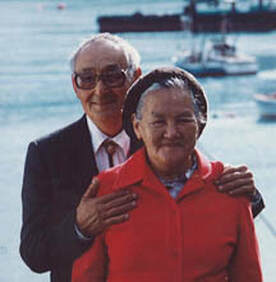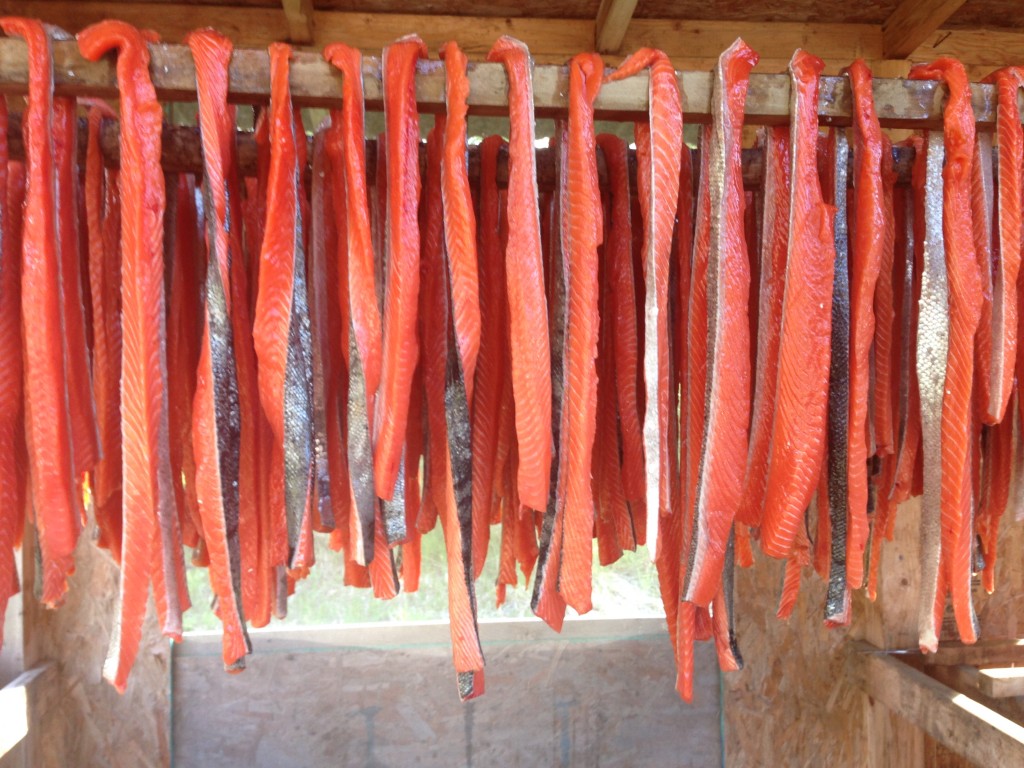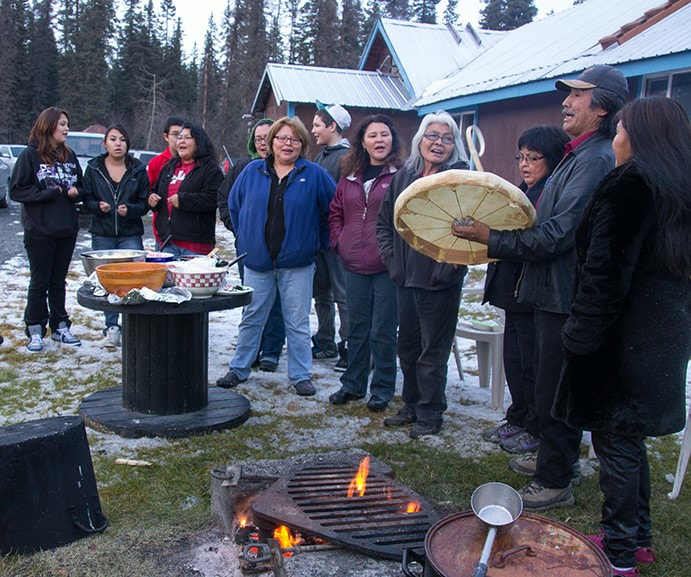native Americans
"The land and the water are our sources of life. The water is sacred. The water is like a baptismal font and its abundance is the holy communion of our lives ... If the water is dead, maybe we are dead, our heritage, our tradition, our ways of life and living and relating to nature and to each other." - Walter Meganack, June 1989, The Day the Water Died. |
Walter Meganack, n.d., Port Graham Corporation
|
The Native Americans living around Prince William Sound have a subsistence-centered life. Their culture, religion, community, and livelihood are intertwined with their natural surroundings. Between 9-77% of subsistence harvest declined in 10 villages around Prince William Sound following the spill.
"Not only did subsistence production decline, but above all, culturally significant components of subsistence declined, such as subsistence participation, cooperative hunting, fishing and gathering, processing and preparing of subsistence foods, sharing, transfer of knowledge, satisfaction derived from eating subsistence foods, and our feeling of the integrity of place and autonomy." - Elenore McMullen, March 1993, US Congress Testimony. |
Local tribes experienced physical illness from oil contamination and mental illness from anguish over the destruction of their habitat and culture. Fifteen years after the spill, a survey showed that over 80% of natives believed that their traditional lifestyle had been harmed. Nearly 75% of them reported that they were unable to recover.
"They [Exxon] just really didn't understand Alaska, and they didn't understand small town life, so they certainly couldn't understand village life, or Native subsistence life." - Darrell Totemoff, 2008, Personal Stories from the Exxon Valdez Disaster. |



